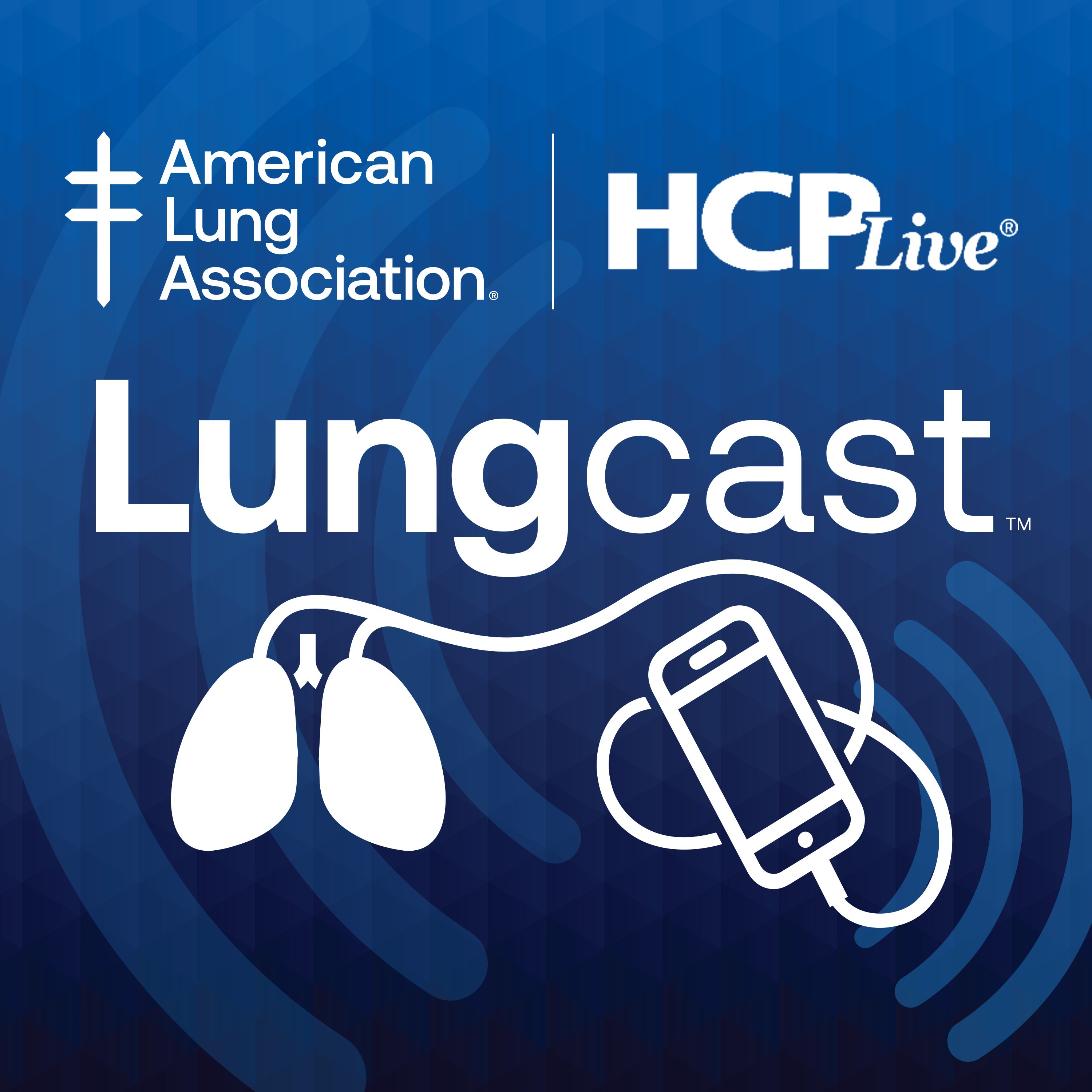Article
Flu Vaccine Uptake in Pregnant Women Linked to Improvements in Vaccine Education
Author(s):
Evidence-informed interventions were suggested to improve influenza vaccination rates in pregnant women in addition to local and national guidelines.
Kate Jolly, PhD

A new investigation found that vaccination uptake for influenza in pregnant women was enhanced through vaccine education, sufficient time for vaccine discussions with maternity health care professionals (MHCPs), electronic prompts about vaccination, and evidence based local and national guidelines.
Though the World Health Organization (WHO) recommends that pregnant women are vaccinated against the flu, uptake of the vaccine has remained low.
Investigators noted that MHCPs play a significant role in influencing the decisions of pregnant women in relation to vaccination. Despite this, MHCPs knowledge and beliefs regarding the flu vaccine, their experience supporting pregnant women, and their workload and time restrains can affect the uptake of vaccines in this vulnerable population.
Though previous studies have focusing on the perspectives of pregnant women in relation to the vaccine, few studies have questioned how often pregnant women are being offered the vaccine as well as how often they receive them.
As such, investigators led by Kate Jolly, PhD, Institute of Applied Health Research at the University of Birmingham, conducted a systematic review to explore the views and experiences of MHCPs involved in the provisions of the maternal flu vaccine globally.
The Methods
The review was structured according to the Preferred Reporting Items for Systematic Reviews and Meta-Analyses (PRISMA) checklist.
A total of 5 databases including MEDLINE, EMBASE, PsycINFO, CINHAHL, and Web of Science were searched using terms including vaccination, antenatal care, pregnancy, healthcare professional, maternity, vaccine hesitancy and practice.
Study selection was conducted by 3 investigators who applied pre-specified inclusion and exclusion criteria. From there, a quality assessment was undertaken before data were extracted, coded, and synthesized to develop descriptive and analytical themes.
Systemic database searches yielded 6316, 308 of which were removed for being duplicates. A total of 295 articles were excluded based on the criteria applied in the study, leaving a remaining 13 studies.
After reviewing the full-texts and applying the selection criteria, 8 articles were included in the thematic synthesis.
The Findings
A total of 277 participants were featured in the study, including nurses, midwives, general practitioners (GPs), obstetricians, practice nurse, practice managers, physicians and so forth.
The studies represented a variety of different contexts and locations including high-, middle-, and low-income countries.
A total of 17 descriptive themes were interpreted within 6 analytical themes.
Investigators observed that MHCPs believed that vaccine delivery could be facilitated through trusting relationships, good communication, knowledge about the vaccine leading to confidence in recommending vaccine, electronic prompts and national guidelines.
However, workload time constraints, perceptions of pregnant women’s concerns, and social, cultural, and environmental influences were considered as hindrances to vaccine uptake.
Additionally, MHCPs who were regularly updated on flu vaccination based on scientific evidence were more likely to recommend the vaccine and more confident when discussing vaccines with patients.
“Evidence-informed interventions are needed to improve influenza vaccination rates by addressing MHCPs’ hesitations as well as developing or improving local and national guidelines,” the team wrote. “The suggestions developed in this review may be applicable to the uptake of other vaccines such as COVID-19 vaccine.”
The study, "Views and experiences of maternal healthcare providers regarding influenza vaccine during pregnancy globally: A systematic review and qualitative evidence synthesis," was published onlin in Plos One.





